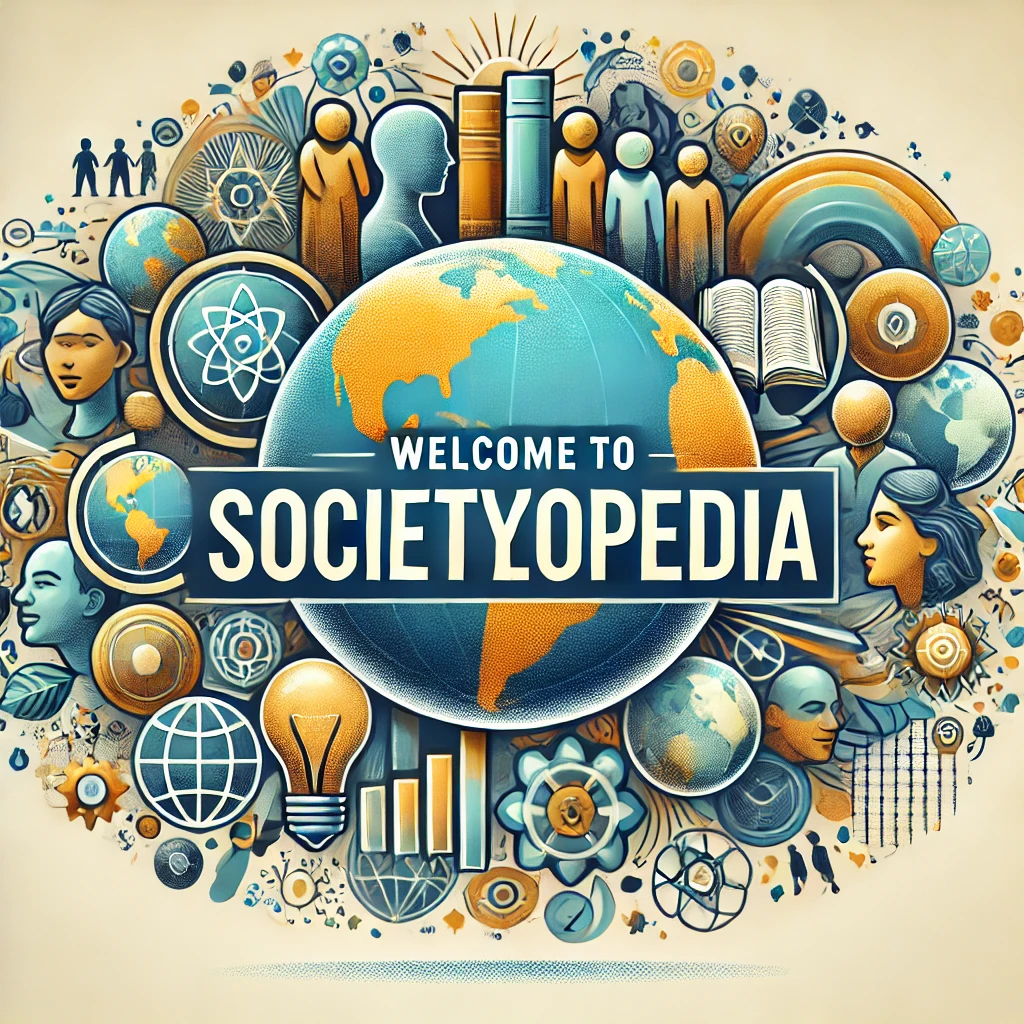Introduction
Colonialism is one of the most significant historical phenomena, shaping global politics, economies, and societies. From the Roman Empire to European imperialism, colonial rule has left a lasting impact on cultures, economies, and international relations.
Colonialism was driven by a desire for power, resources, and economic gain, often leading to the exploitation and oppression of indigenous populations. It played a central role in world history, influencing borders, governance structures, and cultural identities. Understanding colonialism helps us grasp the roots of modern inequalities, conflicts, and global dynamics.
This article explores the definition of colonialism, its historical development, major examples, and its effects on colonized societies.
What is Colonialism?
Definition of Colonialism
Colonialism is the practice of acquiring and maintaining control over another country, exploiting its resources, and often settling its population in the occupied land. It involves political, economic, and cultural domination, usually by a more powerful nation over a weaker one.
Colonialism is closely related to imperialism, but they are not identical:
- Colonialism involves direct territorial control and settlement.
- Imperialism refers to broader policies of domination, which may not always involve settlement.
You can also read about Democracy
Types of Colonialism
- Settler Colonialism – Involves mass migration of colonizers to new territories, often displacing indigenous populations (e.g., Australia, Canada).
- Exploitation Colonialism – Focuses on extracting resources and labor while maintaining control over local populations (e.g., British rule in India).
- Plantation Colonialism – Establishes large-scale agricultural production using enslaved or forced labor (e.g., the Caribbean sugar plantations).
- Surrogate Colonialism – Encourages one group to settle in a colonized land to maintain control (e.g., British-sponsored Jewish settlements in Palestine).
- Internal Colonialism – The exploitation of minority or indigenous populations within a single country (e.g., U.S. treatment of Native Americans).
You can also read about Feudalism
A Brief History of Colonialism
Colonialism is not a new concept; civilizations have expanded and controlled foreign territories for thousands of years. However, modern colonialism, driven by economic and political motives, began in the 15th century with European exploration.
Ancient and Classical Colonialism
- Roman Empire (27 BCE – 476 CE): Established colonies across Europe, North Africa, and the Middle East, spreading Roman culture and law.
- Greek Colonization (8th–6th Century BCE): The Greeks established colonies across the Mediterranean, including in present-day Italy, Turkey, and France.
- Persian and Chinese Empires: Expanded control over large regions, influencing governance, culture, and economies.
European Colonial Expansion (15th–19th Century)
The Age of Exploration (15th–17th centuries) marked the rise of European colonialism.
1. The Portuguese and Spanish Empires
- Portugal (1415–20th century) – Established colonies in Brazil, Africa, and Asia.
- Spain (1492–1898) – Colonized vast territories in the Americas, including Mexico, Peru, and the Caribbean.
- Both nations exploited gold, silver, and indigenous labor, leading to massive economic growth but also oppression and genocide.
2. The Dutch, British, and French Empires
- The Dutch Empire (17th–20th century) – Controlled Indonesia, South Africa, and parts of the Caribbean.
- The British Empire (17th–20th century) – The largest empire in history, controlling India, Australia, North America, and Africa.
- The French Empire (17th–20th century) – Colonized parts of North America, Africa, and Southeast Asia.
Colonial powers established trade routes, enslaved millions, and imposed their languages, religions, and cultures on indigenous populations.
The Scramble for Africa (1881–1914)
In the late 19th century, European powers divided Africa among themselves during the Berlin Conference (1884–85).
- Britain, France, Germany, Belgium, and others established artificial borders, leading to long-term ethnic and political conflicts.
- Colonial rule exploited Africa’s resources, leading to economic dependency and underdevelopment.
Decolonization and the End of Colonialism (20th Century – Present)
After World War II, many colonies gained independence through:
- Wars of Independence (e.g., Algeria, Vietnam, Kenya).
- Peaceful negotiations (e.g., India, Ghana, Malaysia).
- UN pressure to end colonial rule.
By the 1960s, most African and Asian nations had gained independence, but colonial legacies continued to shape economic and political structures.
Examples of Colonialism
1. British Colonial Rule in India (1757–1947)
- The British East India Company gradually took control of India, exploiting its resources.
- The Indian Rebellion of 1857 led to direct British rule.
- India gained independence in 1947, but the partition of India and Pakistan caused massive violence.
2. French Colonialism in Algeria (1830–1962)
- France ruled Algeria for over 130 years, imposing French culture and laws.
- The Algerian War of Independence (1954–1962) resulted in brutal conflicts and over a million deaths.
- Algeria gained independence in 1962.
3. The Scramble for Africa (1881–1914)
- European powers divided Africa without considering ethnic or cultural boundaries.
- Belgium’s rule in Congo (1885–1960) was particularly brutal, leading to millions of deaths.
- African nations struggled with political instability post-independence.
4. Spanish and Portuguese Colonization of Latin America (1492–1800s)
- Spain and Portugal exploited the continent’s gold, silver, and indigenous labor.
- The Encomienda system enslaved Native Americans.
- Latin American nations gained independence in the 19th century but faced economic and political struggles.
Effects of Colonialism
Positive Impacts (Controversial and Limited)
- Introduction of infrastructure (railways, roads, ports).
- Spread of education and Western medicine.
- Economic globalization and trade networks.
Negative Impacts (Long-Lasting and Severe)
- Exploitation of Resources: Colonizers extracted wealth, leaving colonies economically weak.
- Cultural Erosion: Indigenous traditions, languages, and religions were suppressed.
- Forced Labor and Slavery: Millions were enslaved or forced into harsh labor.
- Artificial Borders and Conflicts: Many post-colonial nations faced ethnic and political instability.
Even after independence, many former colonies struggled with economic dependence and neo-colonialism (indirect control by former colonial powers).
Conclusion
Colonialism has shaped the modern world in profound ways, leaving behind a complex legacy of economic, political, and social consequences. While some argue that colonial powers introduced infrastructure and modernization, the overwhelming impact of exploitation, oppression, and long-term instability cannot be ignored.
Understanding the history and effects of colonialism is crucial for addressing modern inequalities and conflicts rooted in colonial histories. As societies continue to grapple with this past, efforts toward decolonization, reparations, and cultural preservation remain ongoing.
FAQs
What is the difference between colonialism and imperialism?
Colonialism involves direct control and settlement, while imperialism is a broader concept of domination without necessarily occupying territory.
Which countries were major colonial powers?
Spain, Portugal, Britain, France, the Netherlands, Belgium, and Germany were key colonial powers.
What was the impact of the Berlin Conference?
It divided Africa among European nations without considering local cultures, leading to long-term conflicts.
Did any countries benefit from colonialism?
While some infrastructures were built, the overall impact was exploitation, inequality, and economic dependency.
How did colonialism end?
Through wars of independence, peaceful negotiations, and international pressure, especially after WWII.
Societyopedia! One and only platform for social sciences and ideas.


